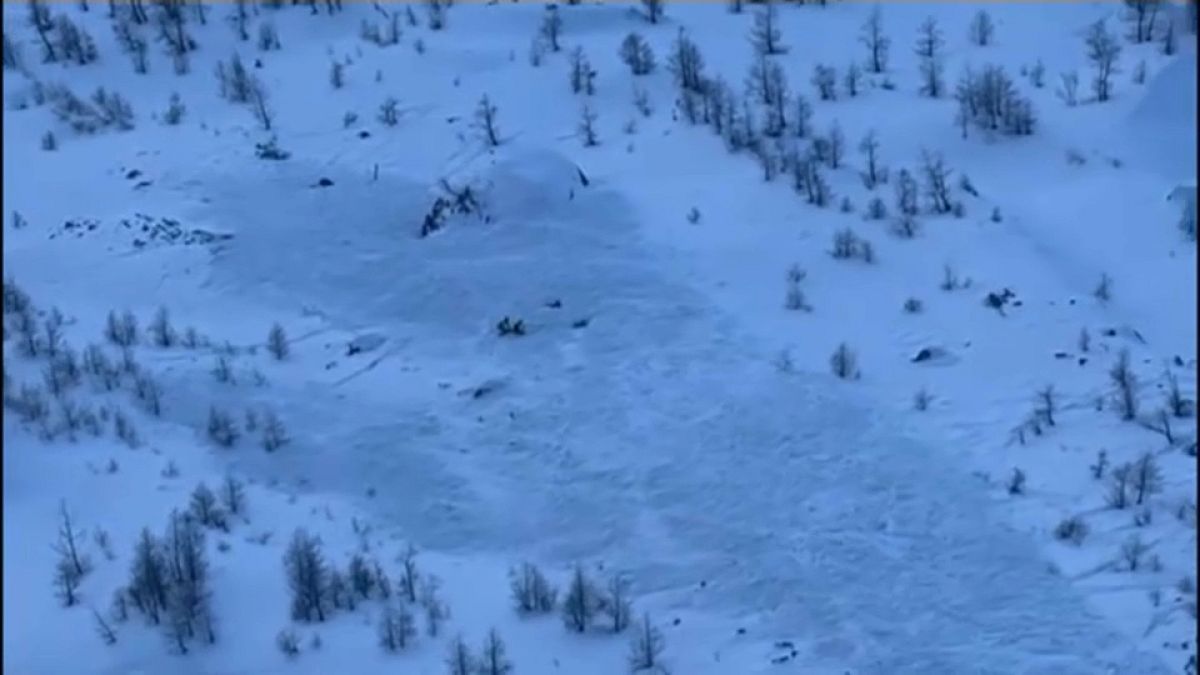Consumption of methamphetamine and cocaine has increased in almost every single district of New Zealand, according to the latest results of a quarterly country-wide wastewater study by police.
Wastewater from around three-quarters of New Zealand’s population is tested for several drugs, including methamphetamine, MDMA, cocaine, heroin, and fentanyl. However, only the first three are routinely detected in sufficient quantities to report on.
Drug use was calculated by the concentration of each drug biomarker detected in the wastewater. It did not include fillers, binders, or adulterants.
The latest study analysed samples collected once a week for each month during the Q2 period between April and June 2024.
Police said methamphetamine use across sample sites increased on average by 18.1kg a week.
“This was above the average quantity consumed over the previous four quarters.”
All districts, except for Wellington, recorded above average methamphetamine use.
Cocaine use “remained high”, averaging an estimated 3.9kg a week.
“This remained above the average quantity consumed over the previous four quarters,” police said.
All districts recorded above average cocaine use.
‘A wrecking ball’ – Police Minister on drug harm
Police Minister Mark Mitchell told 1News the increase in drug use revealed in the latest testing is “pretty consistent” with what has been seen globally.
“We’ve seen a big drop in cost, so it’s far cheaper,” he said.
Mitchell said the Government wants to disrupt and reduce the supply of any illegal substances and drugs coming into the country.
“It’s a wrecking ball in people’s lives and there’s a trail of misery and tears sitting behind it.”
The Government came in knowing it had a “tough job” ahead of them, he said.
“We’re already seeing some promising signs. All of our law enforcement agencies that are working together more coordinated, delivering some really good results in terms of operations that we’ve recently seen terminated, but we know we’ve got a lot more work to do.”
NZ Drug Foundation deputy executive director Ben Birks Ang said maintaining borders and looking at supply was just one part of the picture.
“Making sure we have good information, easy to access services, early intervention services, support, harm reduction and specialist addiction support, and really cementing in our health response to drugs is what we need right now.”











